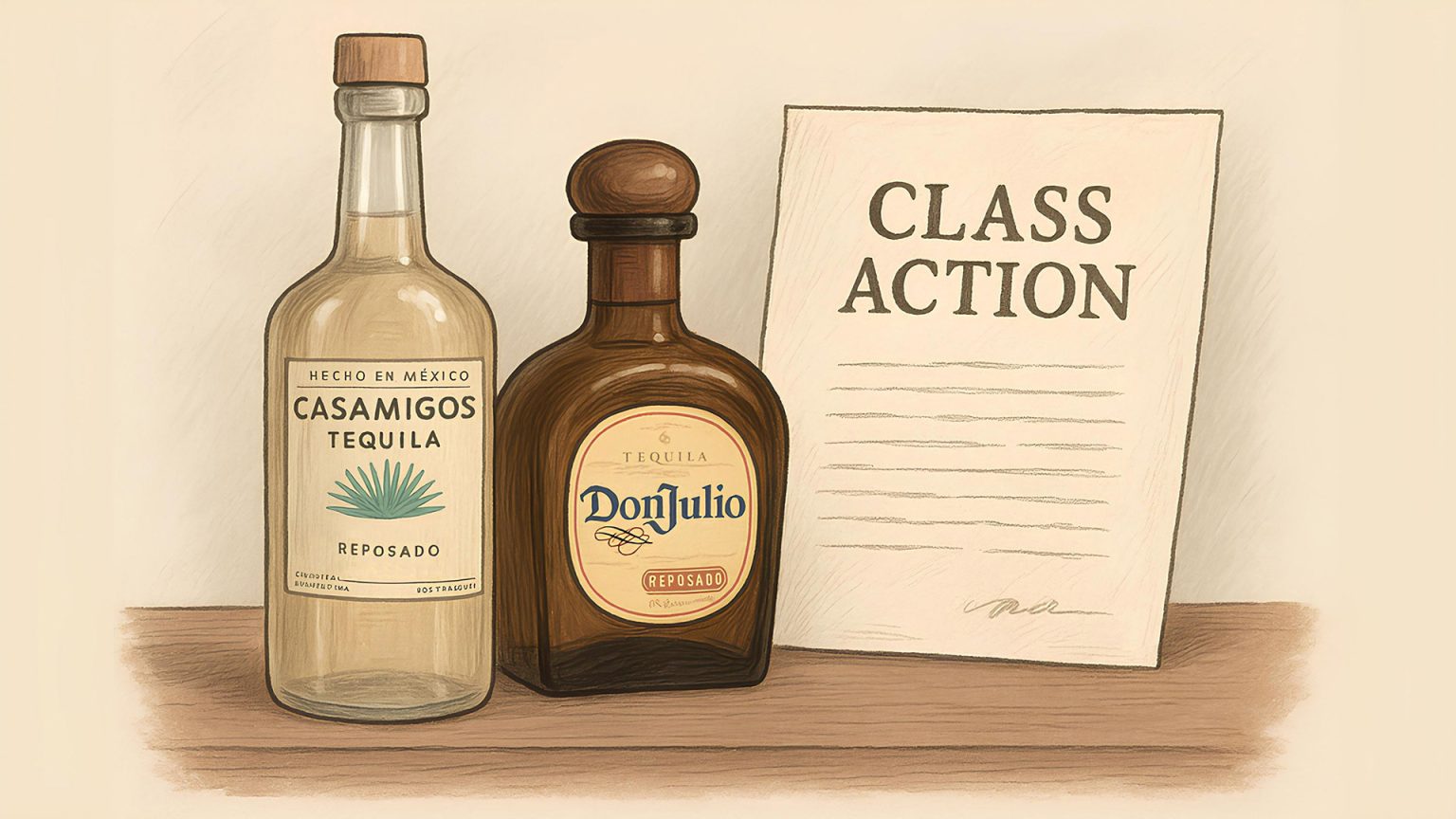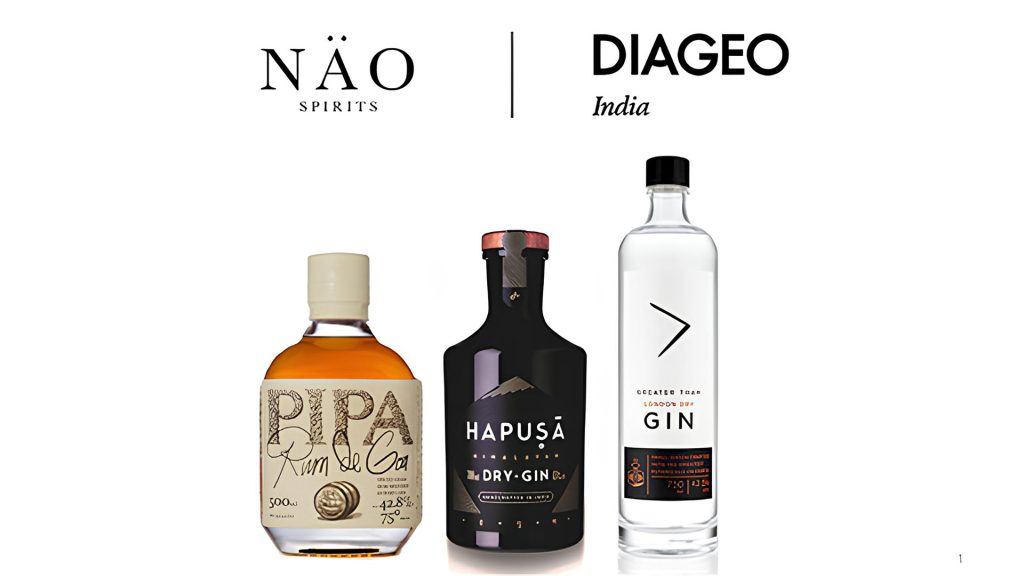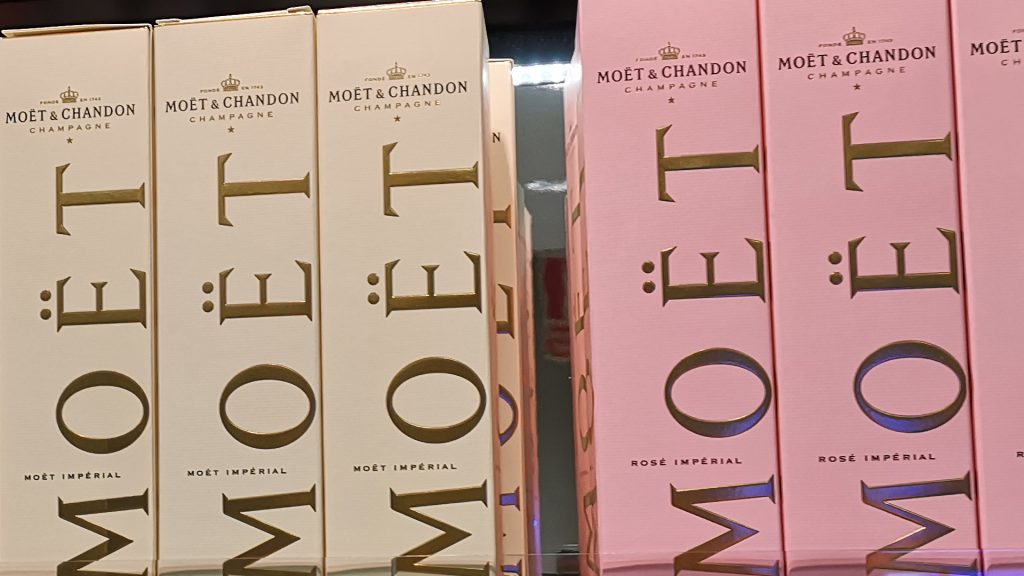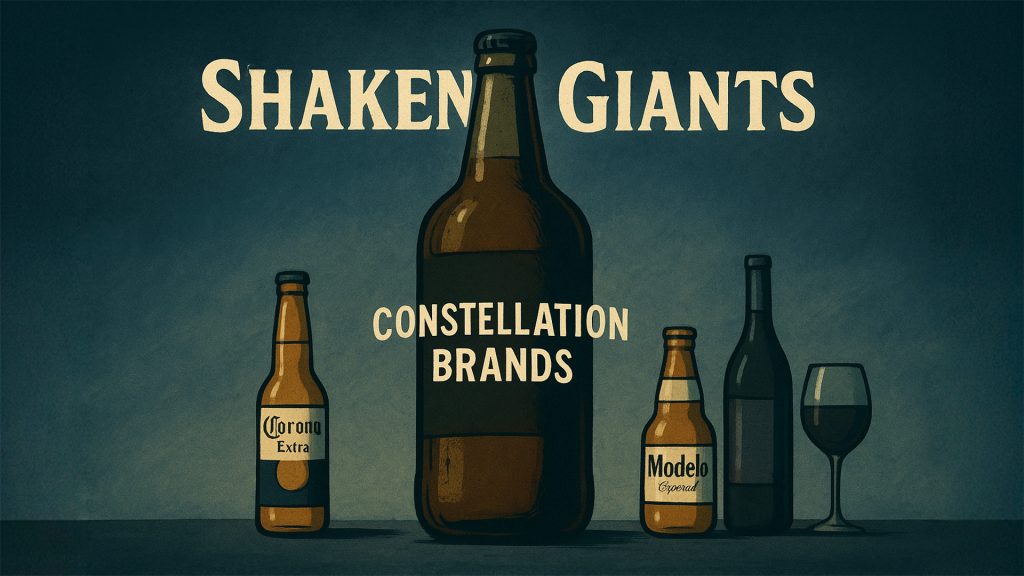Diageo, the spirits giant behind Casamigos and Don Julio, has forcefully rejected a class action lawsuit accusing the company of misleading U.S. consumers over the purity of its tequila brands.
Filed in May 2025 across New York, California, and Florida, the lawsuit alleges that tequilas labeled “100% agave” contain non-agave alcohols, potentially violating U.S. and Mexican standards. As we reported on May 7 in Beyond the Label: Diageo’s Tequila Lawsuit Shakes Industry Trust and Transparency, this case underscores growing consumer demand for authenticity in the $10 billion tequila market.
According to the plaintiffs, carbon isotope tests revealed that certain batches of Casamigos and Don Julio contained as little as 33% agave, suggesting the use of alternative sources like sugarcane. They seek over $5 million in damages and an order to stop Diageo’s “100% agave” labeling. Diageo countered that its tequilas are made exclusively from Blue Weber agave, certified by Mexico’s Tequila Regulatory Council (CRT) and the U.S. TTB. Calling the claims “outrageous,” the company vowed to “vigorously defend” its products. Plaintiff lawyers, including Steve Berman of Hagens Berman Sobol Shapiro, have not yet responded.
Subscribe to our newsletter
The dispute highlights tensions in the tequila industry, which boasts over 2,000 brands and $4 billion in Mexican exports in 2023. The CRT, Mexico’s official body for certifying tequila authenticity and enforcing the NOM-006 standard, defines “100% agave” as tequila made solely from Blue Weber agave, commanding premium prices due to the plant’s six-to-eight-year maturation. However, Mexican regulations allow additives like sweeteners or colorants up to 75 grams per liter without disclosure. The CRT has warned brands against “additive-free” labels, arguing they mislead consumers and risk export licenses, as noted in a letter reported by Reuters.
Consumer demand for transparency is surging. As we highlighted in May, groups like the Additive Free Alliance push for clarity using tests like nuclear magnetic resonance to verify additive-free products. The Diageo lawsuit could force producers to disclose additives or risk losing trust in a competitive market. A ruling against Diageo might tighten labeling rules, while a win could uphold current standards, potentially clashing with consumer expectations.
Diageo’s courtroom fight may delay clarity, but its outcome could redefine tequila authenticity. With global demand soaring, particularly in the U.S. and Europe, transparency remains critical to sustaining consumer trust in this booming industry.



